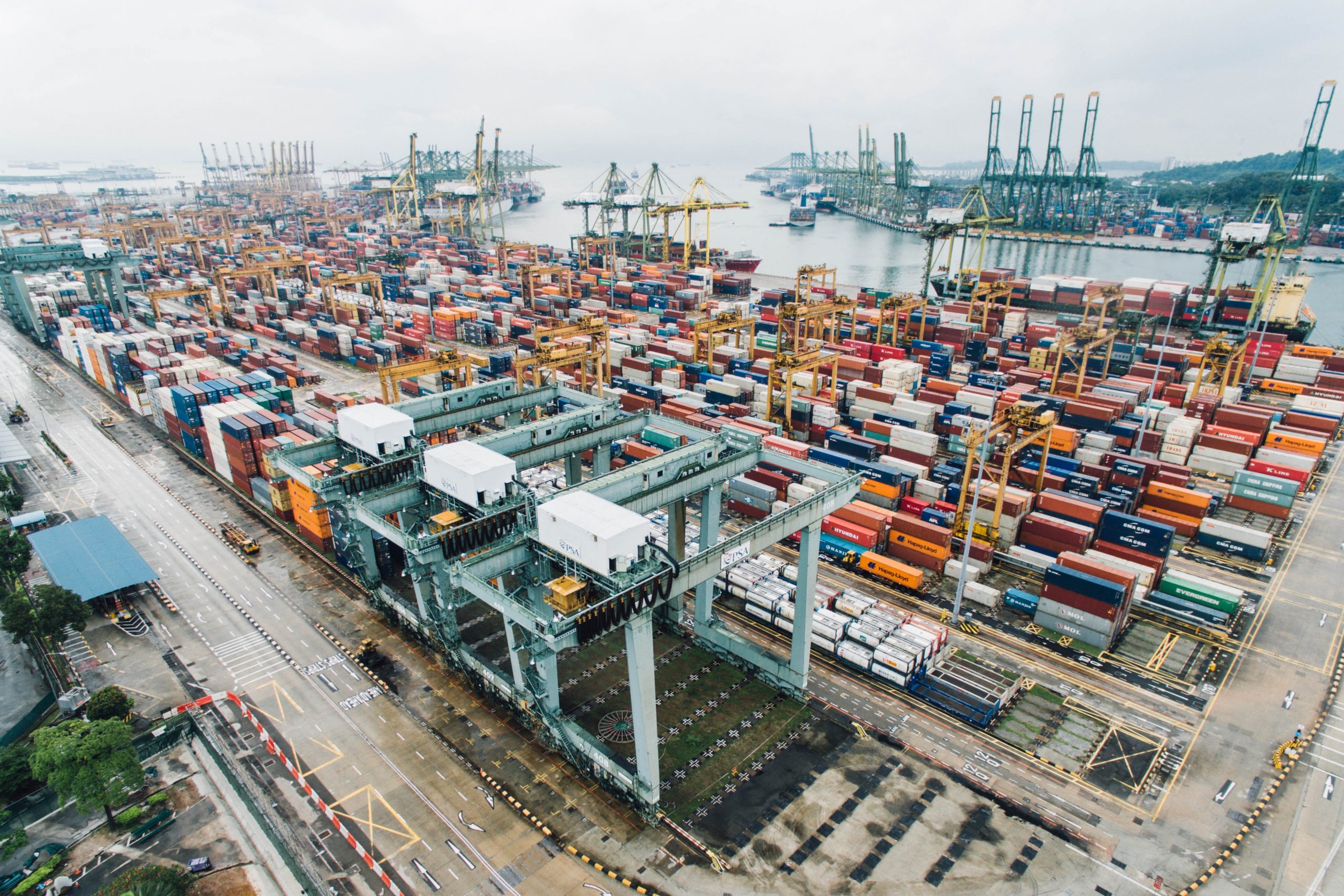Canadian Fulfillment: How to Save on Import Costs

During the last ten years, Canadian fulfillment companies have experienced increased visibility in the realm of overseas trade and more specifically, with small to medium eCommerce businesses.
Therefore, now more than ever, scaling a business at a rapid rate often proves to be a risky move.
After all, growing too fast presents issues with the supply chain meeting customer demand and a potential exodus of employees who have difficulty with the suddenly increased productivity. On the other hand, how can a business afford not to grow?
This is where a third party, like a Canadian fulfillment company, comes into play by saving business owners time and money while offering effective logistic plans.
Tariffs
Regarding shipping regulations and tariffs on goods, Canadian fulfillment can assist clients with determining how to keep supply orders in compliance with Section 321 before they even leave their point of origin.
The professionals are well aware that Section 321 applies to goods that are shipped from countries that fall under an import tariff. For example, if an American business sources its products from China, and they are shipped directly to the U.S., then the owner is looking at a tax of 25 percent or more depending on the product.
However, Section 321 outlines which imports can pass through duty free. In other words, business owners can avoid paying these tariffs if the products meet certain criteria. This means that the value of the order can’t exceed $800.
Plus, the items can’t be subject to regulation by other PGAs (Partner Government Agencies) or subject to anti-dumping or countervailing duties or inspection. Also, quota-class products won’t qualify for Section 321.
Regulations
These regulations appear to present an obstacle, but Canadian fulfillment takes the guesswork away from the purchasing agents and business owners. For one thing, Canada has not instituted tariffs on goods imported from China, and they have the experts and personnel to line out the logistics that will get shipments delivered in a timely and inexpensive manner.
Therefore, the cost of the extra taxes imposed on imports won’t have to be passed down to the customer. Furthermore, with almost all paperwork submitted electronically, a knowledgeable professional can assist with checking all these details and with filing.
And with the value being set at $800 per shipment per day, the process for clearance, as a result, has become more streamlined, and less paperwork is required for these smaller shipments.
For the most part, this assistance translates to expedited clearance since this procedure sorts out the shipments that need to be inspected from those that don’t. Therefore, the products arrive at their intended destinations more quickly and without the added expense since cross-border trade no longer bears a high cost.
In addition to helping with the avoidance of excessive tariffs, Canadian fulfillment can prepare your items for shipment to your customers, or they also ship directly. Basically, the experts would take the time to tailor a logistics system that works best for your business.
This advantage leads to cheaper shipping costs and efficient service that enables owners to focus on growing their business and perfecting their products.
Territory and Avaliablity
Another opportunity that derives from partnering with a Canadian fulfillment company is the prospect of expanding their territory and the availability of their product to customers further beyond their local area.
When owners choose to work with such a company, they can now offer their products to potential buyers in Canada. They are not having to rent a warehouse or hire additional employees to execute their plan for shipping.
Those resources are already a part of the fulfillment company that possesses the space and the personnel to ensure fast but careful service.
From the time they receive the shipments from their source to the phase that involves unpacking, sorting, and shipping out individual orders, Canadian fulfillment takes care of all the logistic details. Thus, partnering with a fulfillment company results in increased profits and an optimal customer experience.
NAFTA Revision
Yet one other factor that comes into play in relation to how Canadian fulfillment can leverage the invocation of Section 321, is the revision of NAFTA back in July of 2020.
Under the previous agreement, Canada had one of the lowest de minis values of $15.04, but under the new agreement, the rate has doubled.
That alteration plus Canada’s provision of a de minis threshold of U.S. $119, delivery of goods that value less than that amount has presented a win-win situation for both the fulfillment company and the client. This also gives the client further incentive to expand into the Canadian market with guidance from the fulfillment company.
With Section 321 not going away any time soon, and the institution of the new NAFTA, Canadian fulfillment companies are looking to help more clients scale their businesses by helping them to navigate new market prospects and trade regulations while providing efficient shipping service.






